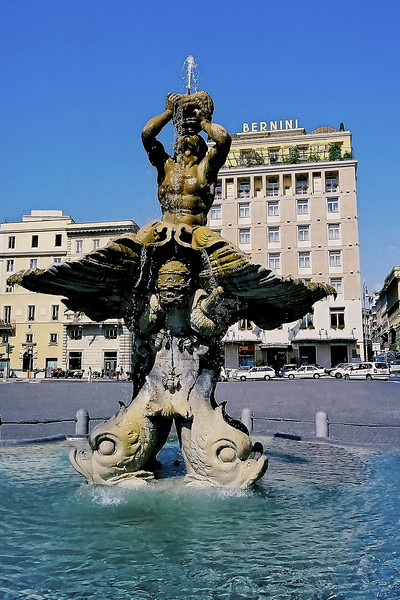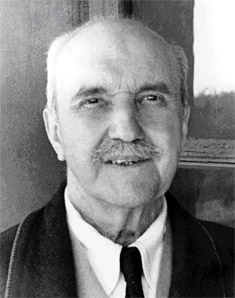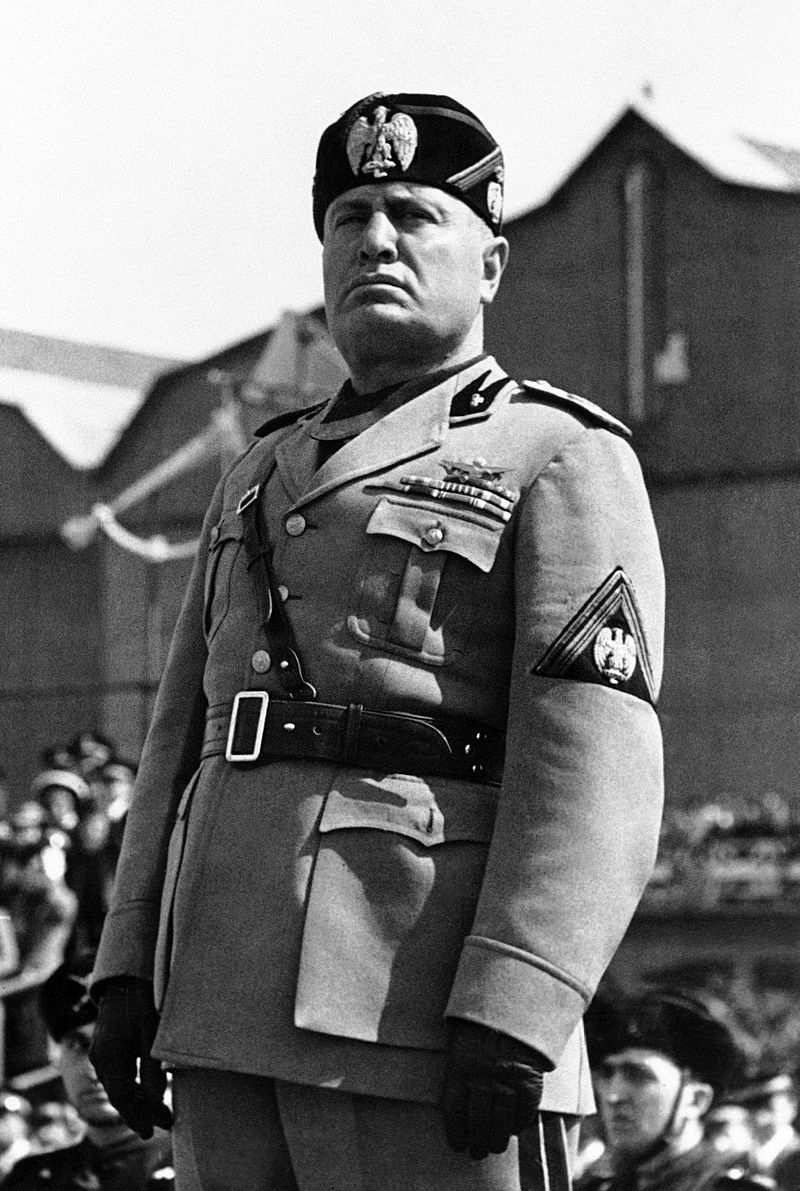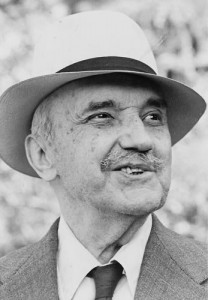 To Daniel MacGhie Cory
To Daniel MacGhie Cory
Hotel Savoia
Cortina d’Ampezzo, Italy. July 13, 1938
It is a nice instinct in you to wish to be loyal to Strong and to comfort him as much as possible in his troubles, physical, philosophical, and social. But as to my relations with him, I think they are now in a satisfactory phase. There has been no definite break, and I can write to him or he to me at any moment, as if nothing had happened. I will do so, when I have anything to say, but certainly not in order to invite him, as it were, to come and renew those forced daily interviews, for as long a season as he may choose. I stood it as long as I could, under terrible tension; and when at last, quite without premeditation, I spoke out and stopped going to meet him at the Aragno, it was a blessed relief. I don’t want to undo that work, and have the persecution begin again, until another crisis. No: I have asserted my independence, and things must now proceed on a new basis. I wrote to him that I was willing to renew our interviews in the future, at Venice or Rome; but I didn’t say daily interviews, because if he comes to Rome for a month or several months next winter, I shall only join him occasionally, when I feel like it, and no longer like a punctual schoolboy coming to be whipped . . .
I write you all this frankly, for your guidance in any conversation that you may fall into on this subject. I didn’t want to quarrel with Strong; but the only way now to avoid an open quarrel is not to overdo the inevitable strain of meeting under false pretences. Even in Paris, in the old days, I sometimes had to fly for my life; but now the incidental and family matters about which we were really friendly have almost dropped out, and there is little but stark discussion, actual or horribly imminent, on points on which we know we shall never agree. It is a morbid craving of his, not any pleasure in the exchange of ideas. If I suggest a new idea, he cuts me short and returns to the theory of perception or the wickedness of Mussolini. Bref, I should much prefer not to have to see him for the present, but if he comes to Rome, I will endeavour to behave as decently and patiently as possible.
You are not in the least to blame for this “difficulty” between Strong and me. You may have reported things sometimes that might have been kept quiet; but the trouble existed in essence before you were born, and has been naturally aggravated by old age in both of us and the consequent loss of elasticity. On the contrary, it is lucky that you are here to take the place that, to some extent, I may have filled for Strong in earlier days. It is worth your while, as it was worth my while formerly; and the milk of human kindness can always flow, even when the fundamental bond is not sentimental.
From The Letters of George Santayana: Book Six, 1937-1940. Cambridge, MA: The MIT Press, 2004.
Location of manuscript: Butler Library, Columbia University, New York NY.
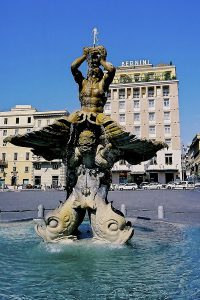 To John Hall Wheelock
To John Hall Wheelock
